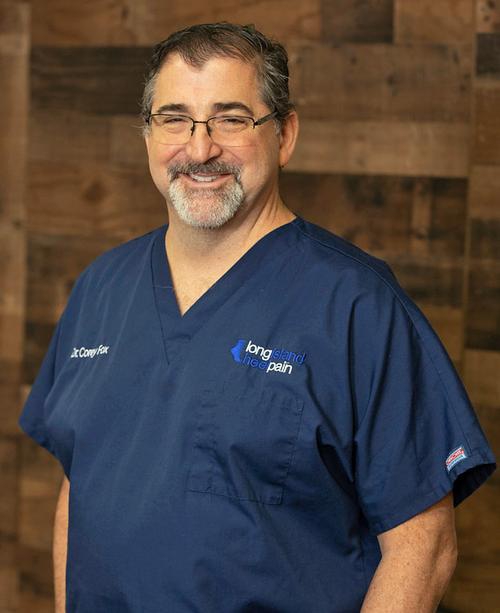"We’ve learned a lot about heel pain over the last 20 years. It’s very complex. It’s a degeneration as well as an inflammation. I like to call it ‘plantar fasciopathy’ instead of ‘plantar fasciitis’ because it’s more exact. Heel pain is very complex. Over the last 20 years of treating heel pain we’ve determined that it’s a degeneration as well as an inflammation, and this is why we have a very high success rate. A complete and accurate diagnosis is essential for guiding the treatment plan for the quickest possible recovery.
Diagnostic tools such as x-ray, ultrasound, fluroscopy, and diagnostic nerve blocks will help us determine the severity of the pain as well as the location of the pain in order to come up with the best possible treatment plan. Once an accurate diagnosis is made, then treatment can begin.
Most patients will respond to a conservative course of therapy. This may include orthotics, a single cortisone injection, physical therapy, stretching, shoe modifications, and the most aggressive non-invasive therapy is shockwave therapy. We perform this in our office with no advanced scheduling necessary, with outstanding results.
When additional treatments are necessary, we may employ minimally invasive techniques in order to provide an acceptable outcome. We use PRP, which is platelet rich plasma, platelets derived from your own blood and concentrated and injected into the diseased area. Or, we may use amniotic stem cells, which when applied to the injured area facilitate regeneration of normal, healthy tissue. You don’t have to live with that heel pain, whether it is an acute problem or a chronic problem that you’ve been suffering from for years. 96% of my patients respond to one of these conservative treatments. If you’re suffering, please call the office today for an appointment."

